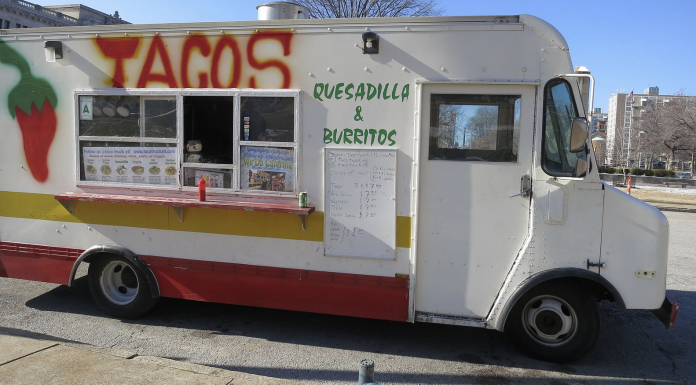THE NEW YORK TIMES – Some carry passports to travel to the corner store. Others do not venture out at all, too afraid of the consequences. Bus ridership has dropped. So has business at taco trucks and fruit stands.
Fear and anxiety have gripped Latinos in Los Angeles to an extraordinary degree, upending the lives of thousands of residents. Increased immigration raids and patrols by masked officers have stifled one of the largest and most established Latino communities in America, causing what residents and officials describe as a Covid-style shutdown of public events, street life and commerce.
It has affected not only undocumented immigrants and mixed-status families but also many U.S. citizens who have lived in California for decades and who say that they are fearful of being swept up in the raids.
Interviews with more than two dozen Latino residents, elected officials and community leaders in the Los Angeles area revealed the cultural, financial and psychological toll the Trump administration’s immigration crackdown is having on a county where nearly half of the population traces their ancestry to Mexico and other parts of Latin America.
“People don’t feel safe,” said Mark González, a state lawmaker whose district includes part of downtown Los Angeles and the city of Montebello, a majority-Hispanic working-class suburb where a number of people have been detained by federal agents. “Normal everyday life is completely disrupted as a result of these raids.”
An immigration raid on June 6, when dozens of people were detained at a clothing wholesaler in downtown Los Angeles, set off a series of clashes among protesters, federal agents and police officers. President Trump then sent National Guard troops and Marines to Los Angeles. The clashes have largely ended, and a downtown curfew has been lifted. But federal raids have continued in the Los Angeles area.
Since June 6, agents from several federal agencies have arrested about 2,000 immigrants in the Los Angeles region, according to internal documents obtained by The New York Times.



